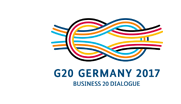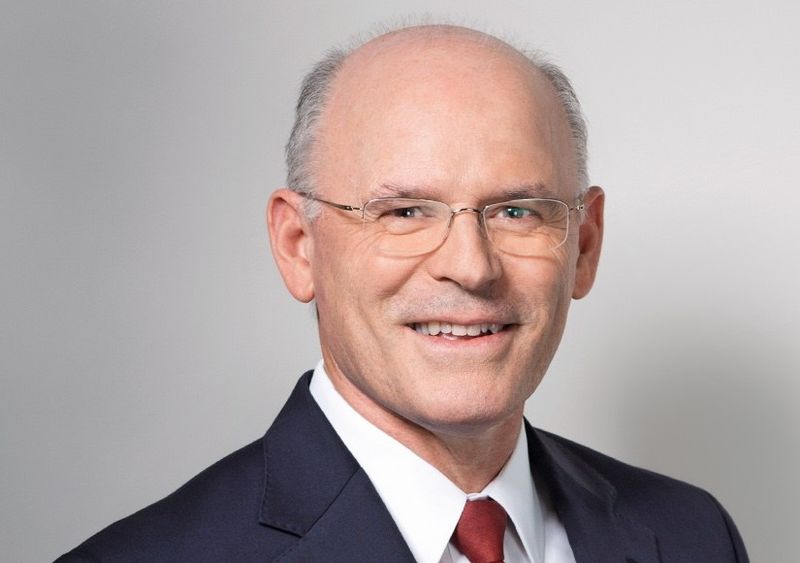What role do SMEs play in the modern world economy?
In all regions of the world, SMEs are drivers of economic growth, employment and Innovation. Development of SMEs is therefore a major factor in increasing prosperity and fostering the well-being of the citizens in G20 countries. In most countries, SMEs contribute over 50% of GDP and account for three quarters of formal jobs.
What has to be changed in the global economic framework to allow SMEs to thrive?
Former B20 task forces have previously stated that the development of SMEs has been constrained by lack of access to international markets and the complexity involved in meeting regulatory requirements and standards. In order to reduce such restrictions, it is necessary to make SMEs equal partners in the world economy.
How can SMEs contribute to global governance?
Given that global governance is a framework of internationally valid rules and standards, I think SMEs should be granted a more prominent role in defining the standards of international trade and economics.
As Chair of the cross-thematic group SMEs, what are your expectations regarding the German G20?
In the past, G20 governments have recognized the contribution SMEs make to GDP growth, employment and innovation. My expectation is that this will also be a priority in future. Specifically, in my view, free trade is an important lever for giving SMEs better access to global supply chains and access to financing and digitalization. These topics will remain on the agenda while at the same time it is important to promote further progress towards free trade. Under the German G20 lead, I hope we will be able to move forward in this direction and see more progress with regard to including SMEs in world trade. The German “Mittelstand” with many internationally successful small and medium-sized enterprises is a good example of what we would like to promote. Of course, this has to be seen against the backdrop of different developmental stages and political environments in the individual countries in which SMEs operate.

